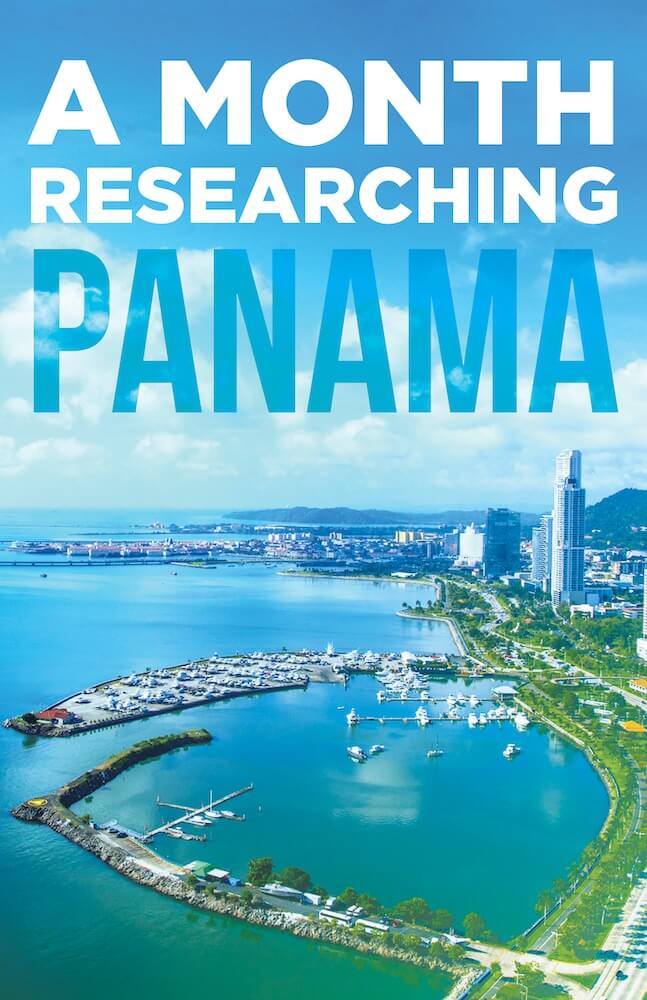It used to be relatively easy to compare the various spots that turned up on “Best Places To Retire” lists because many of the more highly rated were in Central and South America. Costa Rica, Mexico, Uruguay, to name a few, but now the lists have expanded. Panama remains at the top of almost all lists, but today it is joined by countries such as Portugal, Malaysia, and Thailand.
When individuals ask me about other parts of the world, I am happy to give my personal choices, but I am quick to point out that my choice is just that—my personal choice. Many find Belize to be a retirement haven, but you need a greater appetite for risk. I like Costa Rica because it is beautiful, but it hasn’t continued to grow substantially over the last ten years. Mexico is a diverse country, but the drugs and gangs are a problem. I couldn’t see raising my children there.
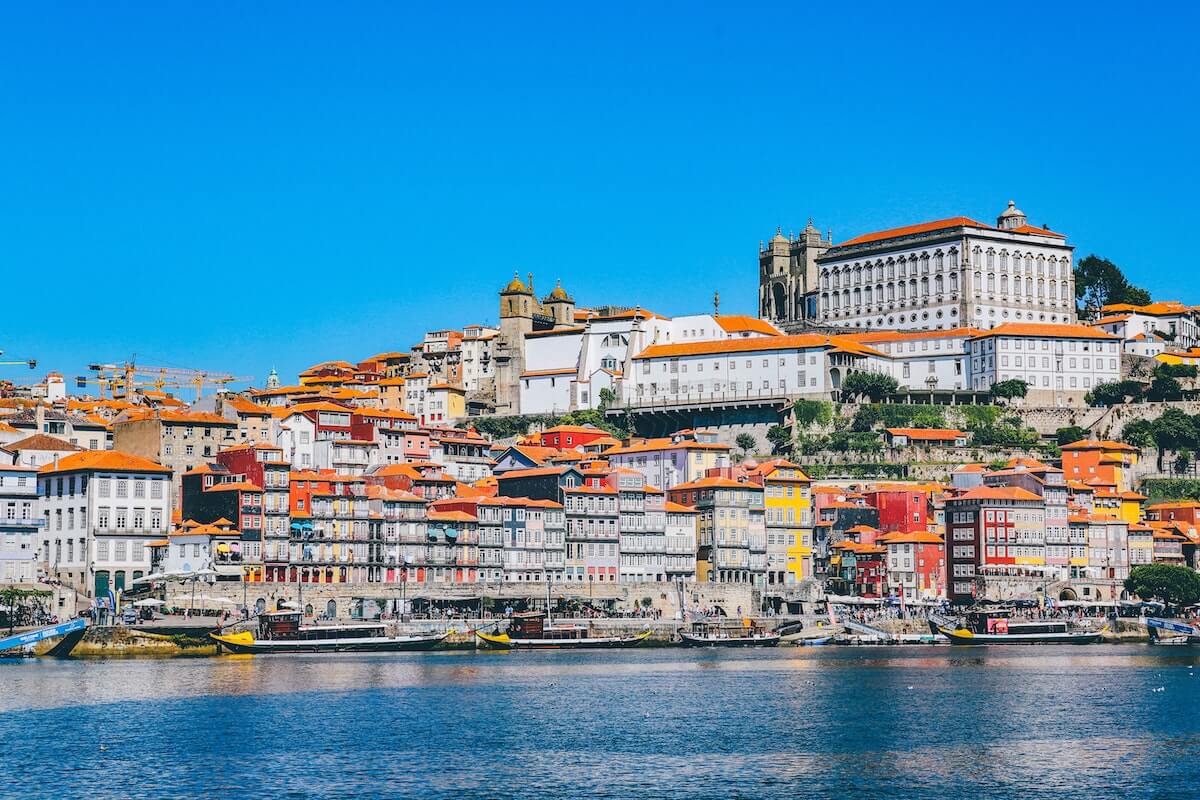
Well, It’s European
Recently, I am most often asked about Portugal and what I want to immediately say is that it is European. In one word, that completely separates it from Panama. Just as I always immediately say about Thailand and Malaysia—it’s Asian. The only thing I have ever figured out that these places have in common is the cost-of-living is relatively inexpensive. If that was the only driving factor, I could name lots of underdeveloped places where one could retire much more inexpensively than any of the spots on the list.
It’s easy to get a flight to Portugal, rent a car and have a fabulous time driving around the country through ancient, sometimes walled cities. You can find beautiful white beaches, lush mountains, impressive castles and charming towns. The people are gracious, friendly and English is widely spoken.
It’s a seven hour flight from New York to Lisbon and they are five hours ahead in terms of the time zones. Panama City is about three hours from Miami or a five hour flight from New York and we are on the same time zone as the eastern part of the United States. That makes a big difference to me personally but it’s not a deal-breaker for everyone.
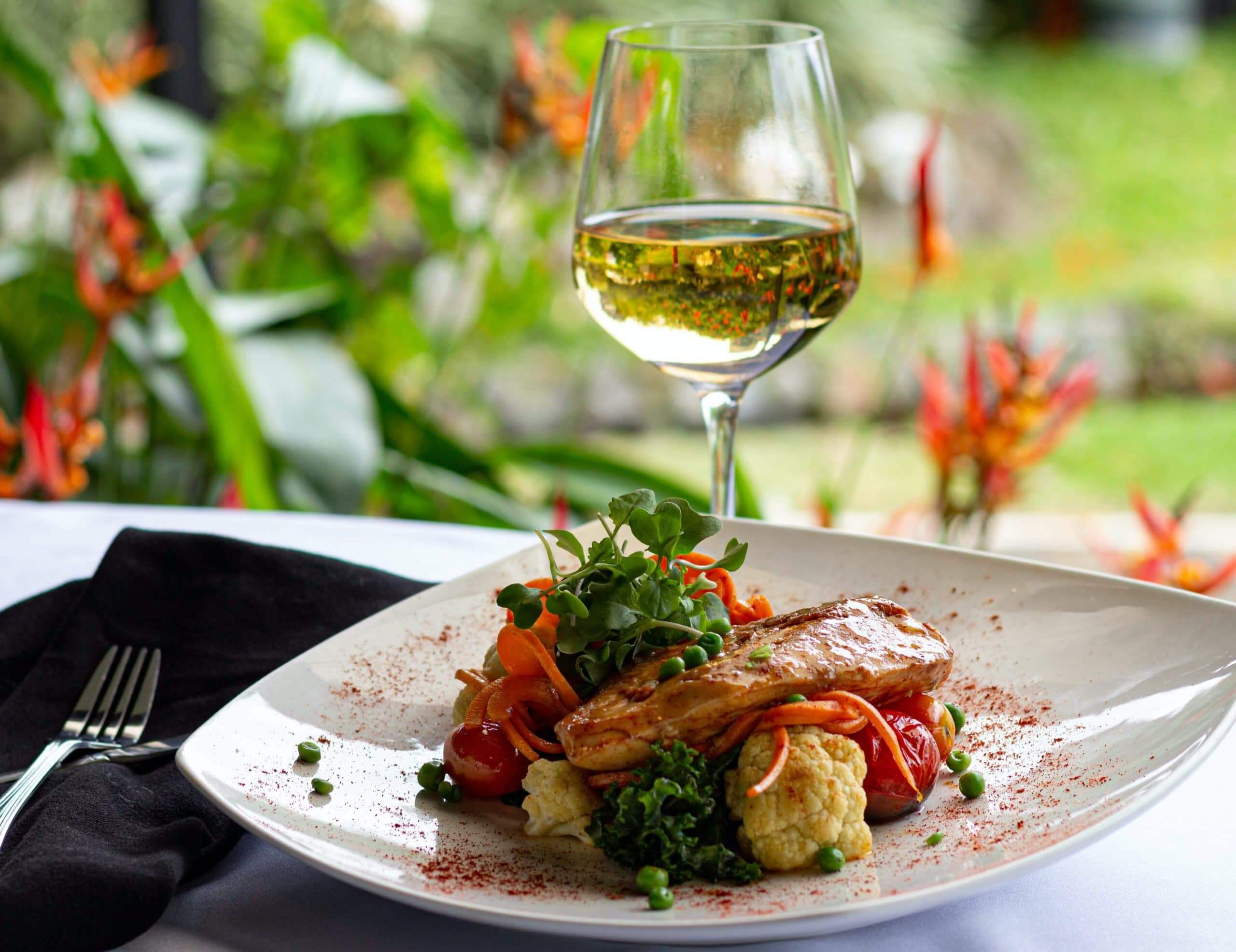
Two-Star Michelin Chef
It’s hard to pinpoint the food personality of Panama because there really isn’t one. There are the Latin American staples of fresh fish, beans, and rice, but you can also find every possible type of food in Panama, from sushi to a stunning tasting menu offered on the 29th floor of the Hotel las Americas which boasts a two-star Michelin chef.
There are fish co-ops where you can purchase Chilean sea bass or corvina for $3 a pound and farmers’ markets offering fresh vegetables pulled from the ground hours earlier. Every type of food product can be found in Panama, just as it can be found in Portugal. You need to weigh how you personally like to cook to make sure it will be compatible because you are going to find more American style grocery stores in Panama than in Portugal.
The custard tarts and other baked goods you find at the many Pasties de Belem in Portugal are almost always a religious experience and I would go to Portugal simply for the different ways they prepare squid. The wine is local, inexpensive (about €4.45 for a mid-range bottle) and often times garner high points from publications such as Wine Spectator. I have, however, started to worry a bit, because 60% of all the cork used in wine bottling is from Portugal. I almost always find myself unscrewing my selections these days, but I’m sure there will be new uses for cork! The many cork trees in Portugal are pretty and add to the ancient feel of the country.
Domestic Beer For A Dollar
Wine in Panama is easily accessible, inexpensive and while not local, a nice bottle of sauvignon blanc will run you about $7.50 (€7.00). There are less taxes than you’’ll find in the United States but the selection is about equal. In Panama you can purchase a domestic beer for less than a dollar, where in Portugal a local beer will be about twice that.
Generally, alcohol consumption is different in Portugal than in Panama. Panamanians love a cold beer on a hot day and expats have plenty of places where they can have upscale wine and cocktails while watching the sun set. According to The New York Times, “Booze abounds all over Europe and Portugal is no exception, but the Portuguese take the time honored tradition of alcohol consumption to another level.” Intoxicated driving has become such an issue in Portugal, there has recently been a concerted crackdown by local police. I’ve never heard of any issues like that in Panama.

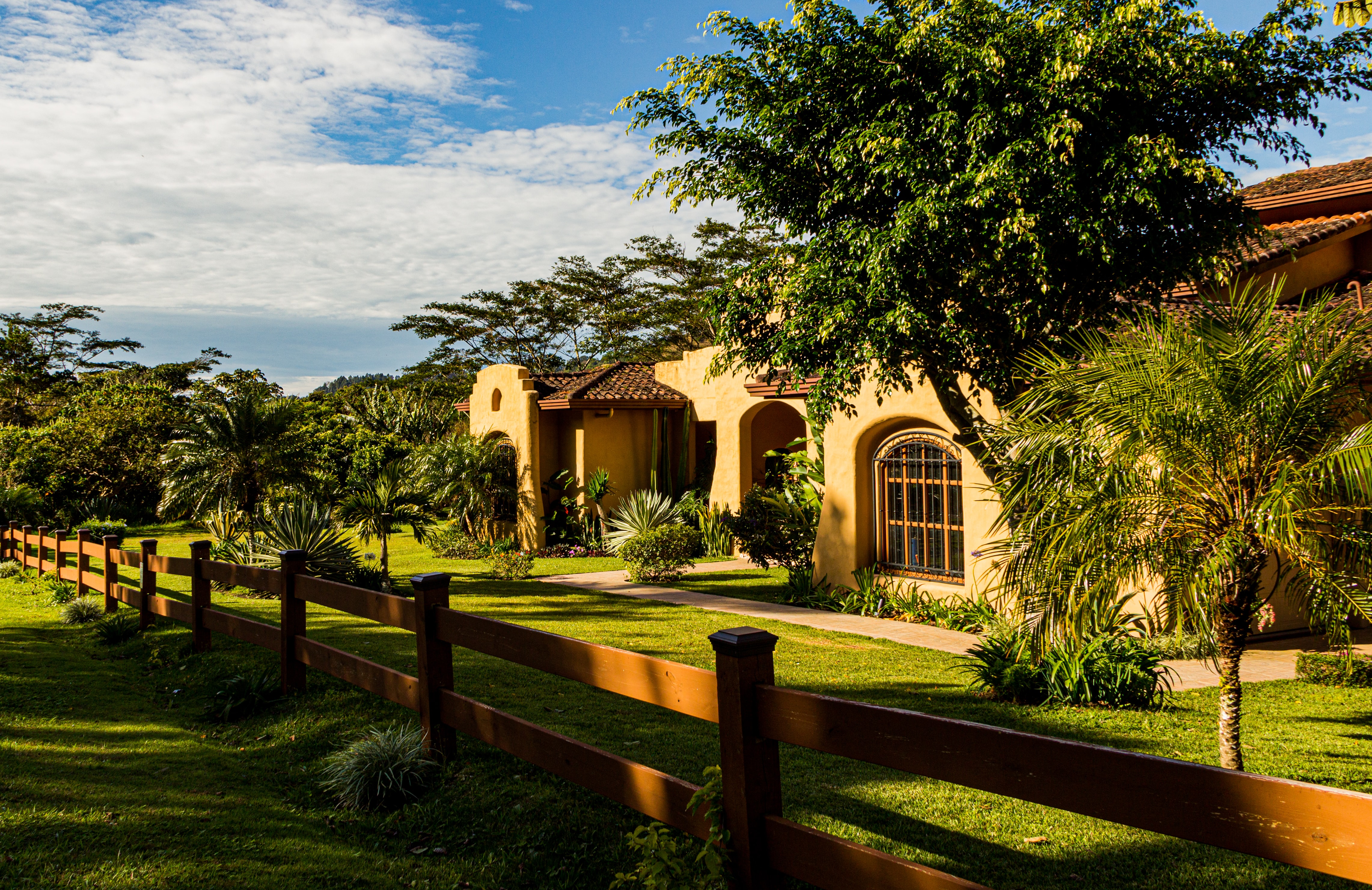
Property Is Less Expensive
Property is less expensive in Panama than in Portugal. On average, you can find older homes on small plots of land in the interior of Portugal for less than €200,000 ($214,000), but if you want something seaside, with modern construction, you are generally looking around €500,000 ($535,000). There isn’t a lot of property currently under construction because Portugal is just now stabilizing from the global recession and the fact they were part of the international bail out.
Of course, these are sweeping averages. Properties can be found at all price points just as they can be in Panama. Average rent for a one-bedroom apartment in a City Center will run approximately €500 or $535. A McDonalds combo meal is, on average €5.50 and utilities will be about €85 a month.
According to Trading Economies, a global reporting company based in New York, the average salary for a Portuguese citizen was $1,130 per month in 2016 compared to $1,238 for a Panamanian that same year. Domestic workers cost about €9 an hour in Portugal but only about $7 an hour in Panama.
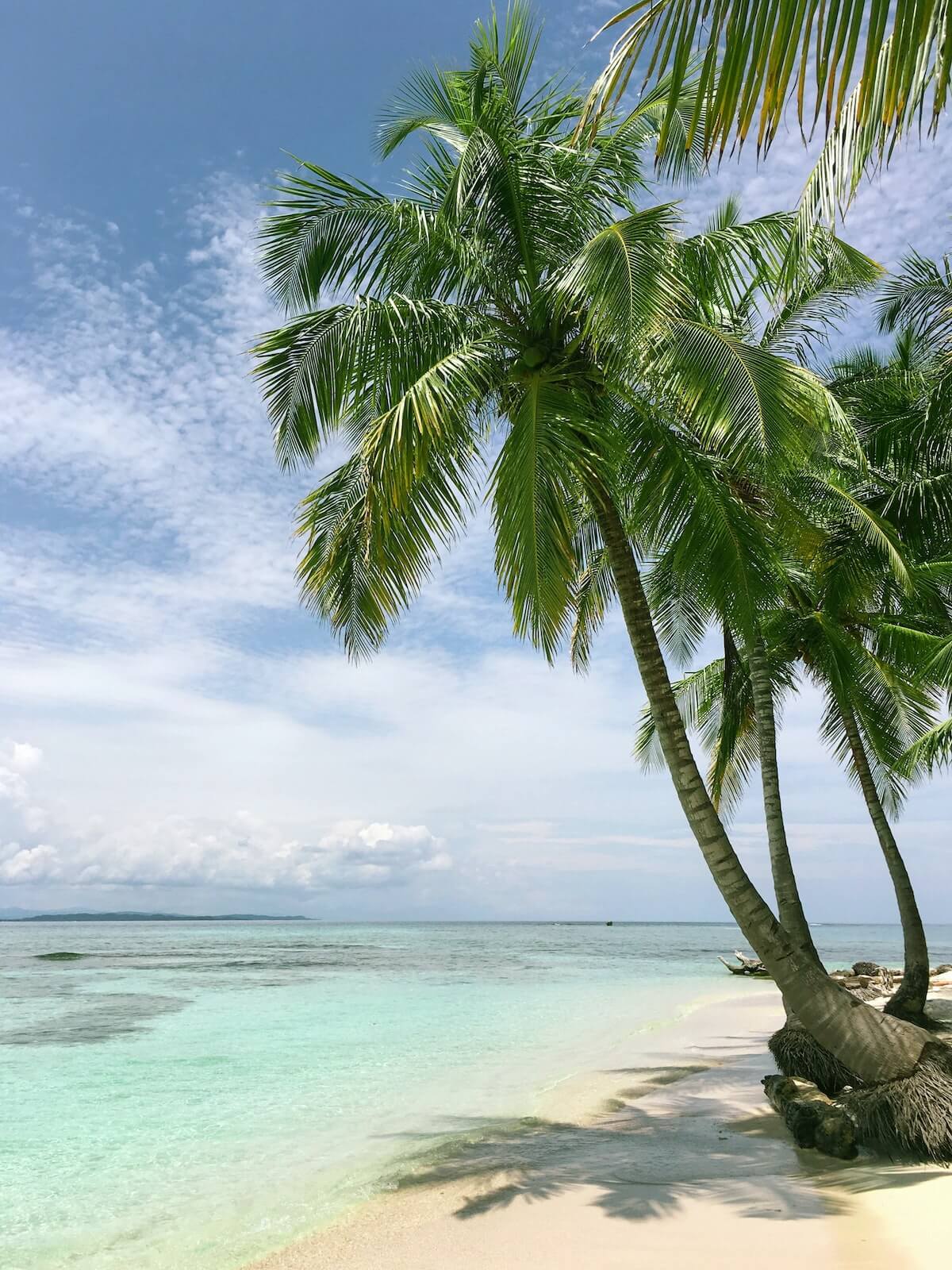
Ease of Travel
I love that in Portugal, you can easily hop a train and be in Paris or London in a matter of hours. But, then I also enjoy the ease of travel in Central and South America. Panama City’s airport is an international hub, offering direct flights around the world. It’s simply easier to get between Panama and the States or Canada, which seems to be an important point for many expats who return home for family and business.
Panama offers plenty of great travel within its own borders. From the city, you have dozens of beaches and even islands within an hour’s drive (or boat ride). Drive a few hours and be in the rainforest, or ready to hike a volcano. I love being a short flight away from Bocas del Toro, with its incredible white-sand islands and lush rainforest. Portugal has its share of islands and the largest island of the Berlenga Archipelago is a lovely day trip from Lisbon.
Intriguing Geographical Aspects
I find both countries have unusual and intriguing geographical aspects. Panama is the only country in the world where the sun both rises and sets on the Pacific Ocean, but if you haven’t seen the Rock of Gibraltar, which is a monolithic limestone promontory near Portugal, you need to visit soon. In my opinion, the fact that Gibraltar is an easy boat ride from North Africa and relatively close to Portugal, makes Portugal part of the highway for immigrants seeking a better life. Portugal has promised to take in up to 10,000 refugees but with an unemployment rate of over 12% most refugees seek countries with a stronger economic base.
Open Borders and Terrorist Groups
While there is a lot to love about Portugal, for me there are several fatal flaws. The US State Department notes that Panama and Panama City are safer than many American cities. Portugal is another story.
“Portugal’s open borders with its Western European neighbors allow possible terrorist groups to enter and exit with anonymity. Credible information indicates terrorist groups continue plotting possible near term attacks,” is the warning currently posted on the US State Department’s web site.
Portugal also suffers from small, local crime stemming from drug usage and high unemployment rates. According to the State Department, “Crimes of opportunity, such as pickpockets and purse snatchers, particularly at popular tourist sites, restaurants, or on public transportation are common. Pick-pockets take advantage of crowds getting on and off of all forms of public transportation, using the jostling of the crowd as a distraction. At night travelers are often approached by drug dealers, in the downtown area, especially near the bars and restaurants.”
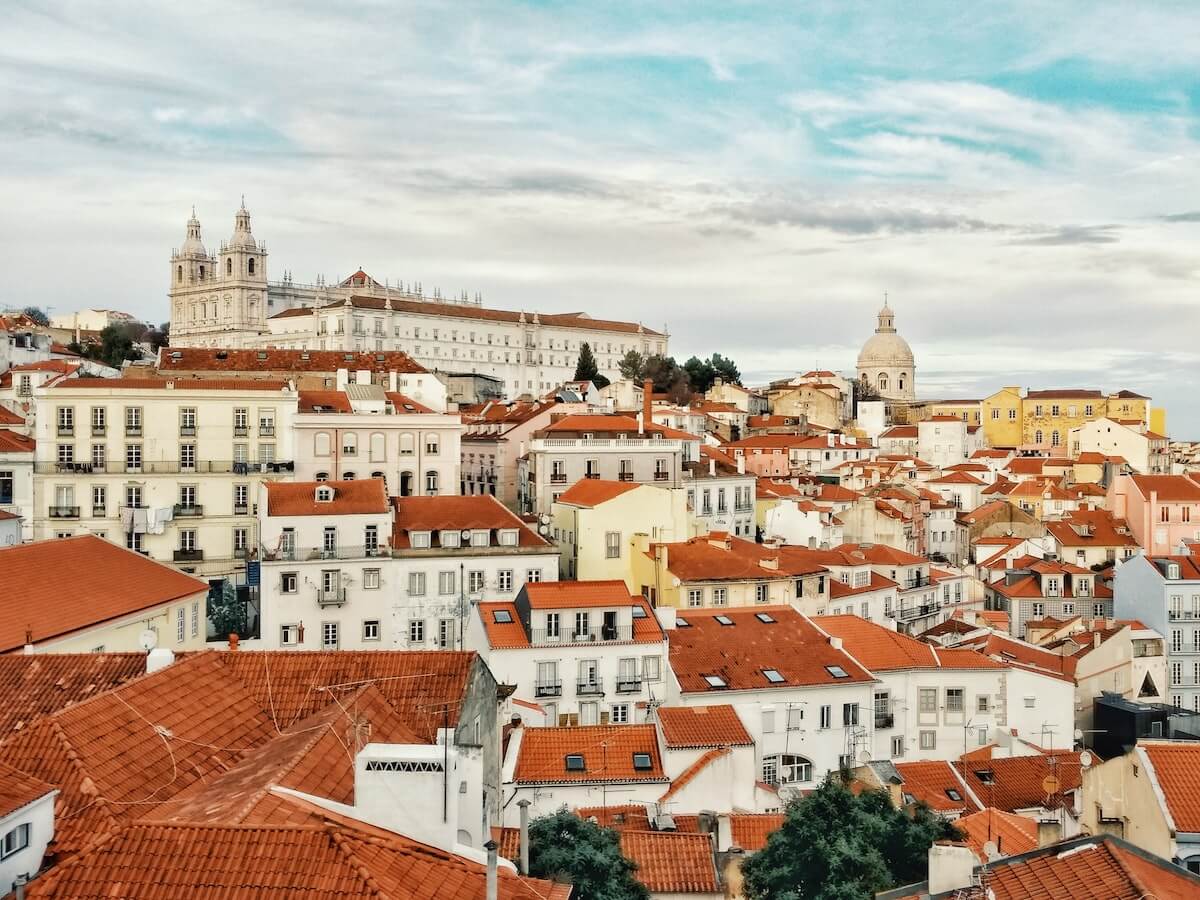
No Beef with Panama
No other country is really angry with Panama and since we control the Panama Canal, other countries are not interested in picking a fight with us. Just about everyone wants to keep the canal successfully flowing with traffic. We also enjoy a special relationship with the United States and it is generally accepted that we hold protected status. Even our currency is the US Dollar. Our economy is one of the most stable on the globe and we are economically growing at a rapid rate, unlike Portugal which has seen declining population and rising unemployment.
Government Instability
My biggest concern about Portugal is the instability of its government and economy. The New York Times recently reported that “Portugal was one of the European Countries pummeled particularly hard by the global recession.”
Forbes, the American business magazine, reported that “Portugal’s banks are stabilizing, supported by a mildly favorable, but fragile, operating environment. Downside sector risks were reported and it will take time before the banks significantly improve their stand-alone financial strength and political uncertainties could dampen reforms to boost investment and growth.”
Healthcare is solid in Portugal and like most European countries it is much less expensive than in the United States. US and Canadian retirees must take caution to cover healthcare costs prior to retiring to, or even visiting Portugal, unless there is no concern about cost. Private health insurance is available to expats and it allows visitors access to most local facilities. Just like in Panama and all other foreign countries, Medicare and the Canadian Health Act, are not valid in Portugal.
Caution: Pastries
Whenever I see the new lists of “Best Places To Retire”, I do my homework. Often, I want to have a chat with the writers on why they select the various new places.
I think there is too much emphasis on a bargain lifestyle as opposed to the overall picture. If I had to guess about Portugal’s new appearance on many lists, I would say a lot might have to do with the financial hardships being endured by the Portuguese. Their economy is fragile so while everything can be a bargain, it also drives up crime. With an uncertain economy, it is difficult to endorse investment. The profits might be higher but there is also a great deal of risk.
I love Europe, but for now, I’m just going to visit. With my love of pastries, it’s probably a good idea I also limit my visits to Portugal.


